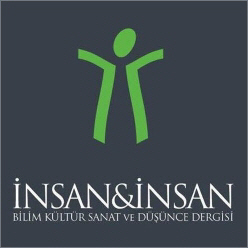Aysel Demir
Abstract: Increasing greenhouse gas emissions with the use of fossil fuels is an important factor leading to global climate change. The impact of this change is not evenly distributed, it seems that it especially affects the disadvantaged countries that are least responsible for it, which has led to the emergence of climate justice. Therefore, in this study, it is discussed what climate justice is, why it arises, and whether powerful states fulfill their responsibilities fairly in experiencing climate change impact. When approaching the subject philosophically, the effect of Immanuel Kant and John Rawls’s ethical-based justice theories on climate justice have been examined. With its distributive justice connection, the problem of climate change raises many philosophical questions and binds us to ethical responsibilities and obligations. Developed countries, which are responsible for the change, only produce theoretical discussions with promises, but do not fulfill their duties and responsibilities and do not offer a solution in practice. Historical responsibilities regarding the sustainability of existing opportunities against climate change point to intergenerational ethical problems in particular. Ethical aspects of climate change; it progresses on the basis of historical responsibilities, existing opportunities, sustainability and justice.
Keywords: Climate change, Climate justice, Inequality, Ethics, Immanuel Kant, John Rawls
Aysel Demir
DOI: 10.29224/insanveinsan.1103781
Year 9, Issue 33, Summer 2022

Tam metin / Full text
(Turkish)

This work is licensed under a Creative Commons Attribution-NonCommercial 4.0 International License.
